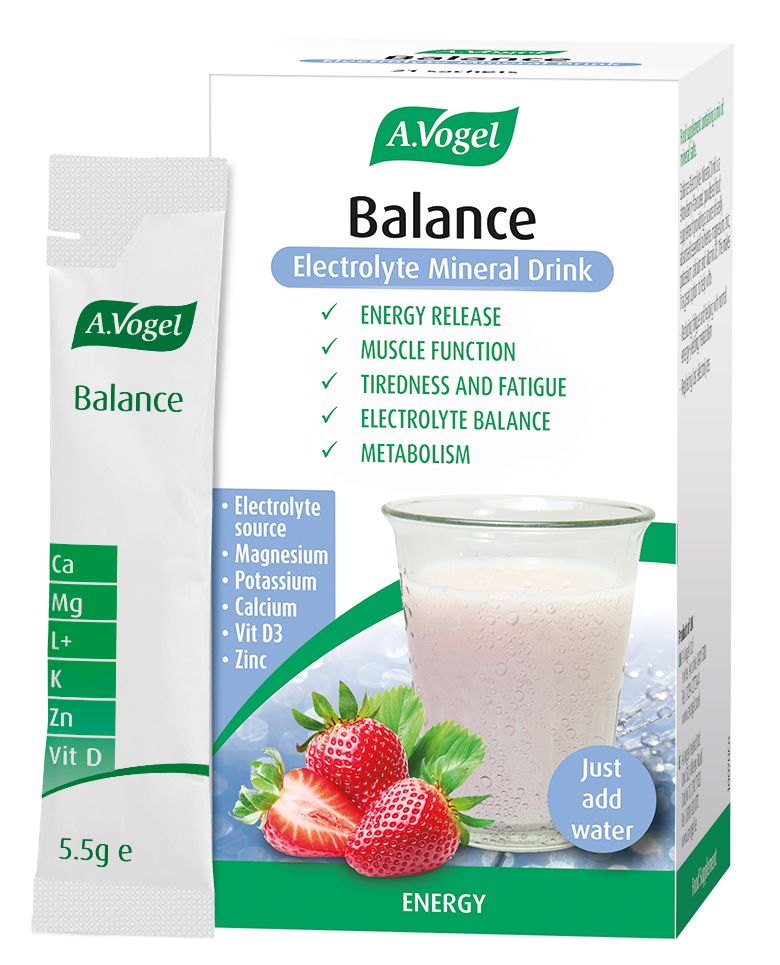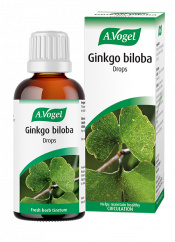Does vitamin D improve circulation?
Increasing vitamin D intake can improve circulation as vitamin D deficiency has been associated with cardiovascular problems such as high blood pressure, strokes and heart attacks. (1) Vitamin D may also improve the heart's pumping function and therefore support people already experiencing heart issues. (2)
How does vitamin D improve circulation?
So, vitamin D has been shown to improve circulation. This has been connected to the fact that vitamin D has anti-inflammatory properties. (3) Vitamin D may also have a part to play in keeping blood vessels and arteries relaxed. (4)
On top of this, we know that vitamin D helps to strengthen cells and blood vessels, plus it reduces levels of particular hormone (angiotensin) which contributes to higher blood pressure and inflammation.
Low levels of vitamin D can be caused by poor lifestyle habits, such as not spending enough time outside and eating a low quantity of fresh, nutrient-rich food. These issues themselves are also risk factors for CVD, thus showing how the two often go hand-in-hand.
What is vitamin D?
Vitamin D is classed as a 'pro-hormone' and can be manufactured when the skin is exposed to sun light. Only around 10% of vitamin D intake comes from diet, with a few foods such as oily fish, eggs and mushrooms providing a top up. Therefore, spending time outside, either through exercise or just in your leisure time, is the most efficient way to improve your vitamin D levels.
In the winter time when sun light is less readily available, the NHS recommends using a gentle supplement to increase your intake. Aim for a product with 10 micrograms if you are taking it over a few winter months. Although many supplements will contain much more vitamin D than this, taking too much can be problematic. The human body stores vitamin D – it's a fat-soluble vitamin – rather than releasing any it doesn't need, so taking too much vitamin D can cause excess calcium levels in the body and contribute to unpleasant symptoms. (5) Ironically, some of these symptoms involve the heart and circulatory system, which highlights the need to take a sensible dose of vitamin D rather than assuming that more is better.
Check your local health food store for a suitable vitamin D supplement or try Balance Mineral Drink for a simple, tasty top up.
A.Vogel Balance Electrolyte Mineral Drink with Vitamin D3, Magnesium, Zinc, Potassium and Calcium.
£22.49 (21 x 5.5g sachets) In Stock









